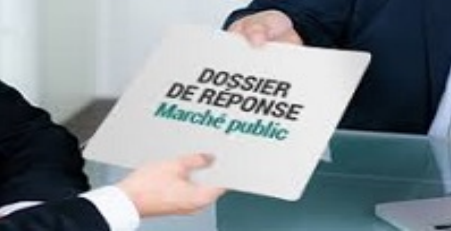Last updated: 26 May 2016
The legislative package aiming at modernizing public procurement procedures in Romania, by transposing the European Directives applicable to this sector, was recently passed by the Parliament and published in the Official Journal on May 23, 2016 (with a delay from the date of entry into force of the Directives, namely 18.04.2016) and comprises four laws: Law no. 98/2016 on public procurement (published in Official Journal no. 390 of May 23, 2016), Law no. 99/2016 on public procurement in special sectors (published in Official Journal no. 391 of May 23, 2016), Law no. 100/2016 on works and services concessions (published in Official Journal no. 392 of May 23, 2016), as well as Law no. 101/2016 on remedies and appeals in the procedures for the award of public contracts, sectorial contracts and works and services concession contracts, as well as for the organization and operation of the National Council for the Settlement of Complaints (published in Official Journal no. 393/23.05.2016).
Taking into account the numerous changes brought by these Laws, we present to you today only a few important changes provided by Law no. 98/2016 on public procurement, which partially transposes Directive no. 2014/24/EU of the European Parliament and of the Council.
NEW AWARD PROCEDURES
The new law provides three new award procedures: innovation partnership, award procedure applicable to social services and other specific services and the simplified procedure which replaces the call for tenders provided by the former legislation.
Innovation partnership is a procedure applicable when the contracting authority identifies the need for the development and subsequent purchase of an innovative product, service or works which, a need that cannot be met by the solutions available on the market at a given time.
AWARD CRITERIA
The only criterion for the award of a public contract provided by the new Law no. 98/2016 is the most economically advantageous tender. Nevertheless, in order to establish the most economically advantageous offer, the contracting authority applies one of the following criteria:
- Lowest price
- Lowest cost (the use of this criterion is forbidden for contracts for intellectual services/complex activities/infrastructure projects)
- The best price-quality ratio (it must be justified based on certain assessment factors, which include quality, environment/social-related aspects)
- The best cost-quality ratio
AMENDMENT OF PUBLIC CONTRACTS
As for the amendment of public contracts, Law no. 98/2016 expressly and exhaustively states the cases and conditions under which a public contract may be amended, without the need to organize a new tendering procedure (the previous legislation did not include any express provisions with regard to amendment). In certain cases, it is possible to replace a contractor by a new on, without organizing a new tendering procedure (e.g.: the insolvency or restructuration of the contractor, revision clauses existing in the initial documentation). If the conditions regarding the amendment of the contract are not complied with, the contracting authority will be able to unilaterally terminate the contract.
EUROPEAN SINGLE PROCUREMENT DOCUMENT (DUAE) AND THE E-CERTIS ARCHIVE
By transposing the European Directive, the new Law takes further steps towards eliminating red-tape: the use, during public tendering procedures, of a new instrument, aimed at simplifying the tendering procedure – the European Single Procurement Document (DUAE), as well as the E-Certis Archive (an electronic system managed by the European Commission). The DUAE is a sworn statement of the candidate/tenderer, certifying that it complies with the qualification and selection criteria. It replaces the certificates issued by the public authorities or by third parties. This document is a standard form approved by the European Commission (EU Regulation no. 7/2016), provided exclusively in electronic format. The DUAE can be used for several tendering procedures.
